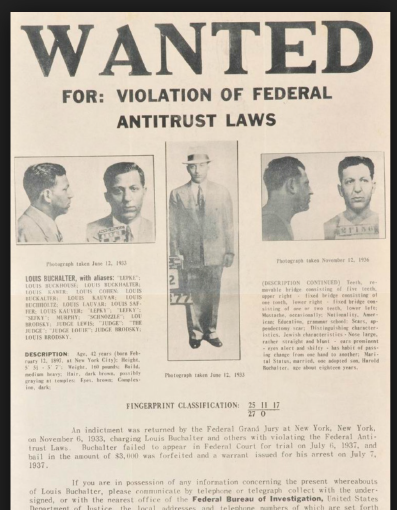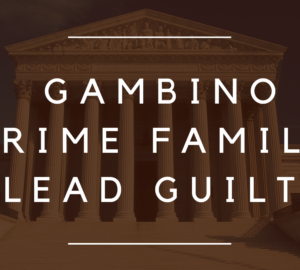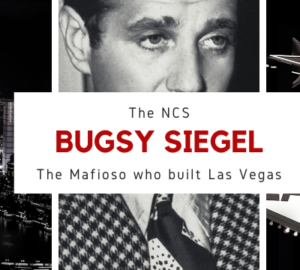
We have all heard it before in an old black and white movie or news reel. The sound of morse code comes beeping through the speaker, then that bold announcer’s voice barks, “Good evening, Mr. and Mrs. America, and all ships at sea. Let’s go to press!” as families gather around the radio, awaiting the latest news with bated breath. It seems cliché today, but in the 30’s and 40’s, the man behind that voice, Walter Winchell, was considered cutting-edge entertainment. Winchell is credited with creating the first gossip column, titled On-Broadway, and his weekly radio program attracted millions of loyal listeners.
On August 24,1939, when America’s most wanted gangster, Louis “Lepke” Buchalter, surrendered to none other than J. Edgar Hoover himself, Walter Winchell was there to give the country an eyewitness account of it all.
How did the Director of the FBI, a radio celebrity, and a gangster on the lam come together for such a meeting? They all had something in common, and that was Frank Costello…

Lepke Buchalter, boss of the notorious Murder INC., had gone into hiding to avoid a jail sentence for violating anti-trust laws. Not surprisingly, he was also a suspect in a murder. The FBI were under tremendous public pressure to bring Lepke in, and though he reportedly never left New York City, they were unsuccessful. Getting desperate, Hoover turned to who else but the Prime Minister of the Underworld. Perhaps Allen Ginsberg’s poem, It Hadda’ Be Playing On The Jukebox, sets the scene best,
“It had to be FBI chief J. Edgar Hoover and Frank Costello, syndicate mouthpiece, meeting in Central Park, New York weekends, reports Time magazine.
Another telling of this story says it was Costello’s friend Walter Winchell who was the middle man. Winchell reportedly had so many mob acquaintances he once fled New York City, believing he had too much information about certain underworld characters. As a favor for Hoover, Winchell passed on a message to Costello; either Buchalter surrended, or life was going to get a lot tougher for the mob. Left with little choice, Costello began to pull the puppet strings, and Buchalter was led to believe Frank had worked out a deal; if he turned himself in, he would be exempt from the death penalty. Lepke reluctantly agreed, knowing full well if he refused, the commission would offer a deal even less appealing than a prison sentence.
So thanks to “Mr. Fix It,” everyone was happy. Hoover got his man, Winchell got the scoop of a lifetime, and Lepke got a “Get out of the chair free” card. Or so he thought…
Unfortunately for Louis, no such deal had been arranged, and Buchalter went to prison with a death sentence looming over his head. According to Burton Turkus’s fine book, Murder Inc., in one terrifying episode, Lepke was given his final meal, his head was shaved to make better contact with the electrodes, and he walked what they called “the Dance Hall,” or those last few feet, only to have his execution delayed at literally, the last minute.
Finally, on March 4th, 1944, in Sing Sing Prison, (where the terms, “Up the river” and “The big house,” originated,) Buchalter became the first boss to be “legally” executed; he had no final words.

Here is a picture of Costello being interviewed by Winchell on March 31, 1951, in Florida. This was taken one week after Frank walked out on the Senate Crime Probe, claiming to be ill. He is supposed to be sick, but as usual Costello is looking like a million bucks. How about those shoes! His council once advised him to buy suits that were a size too big, so it would appear his health was waning and they could play on a jury’s sympathy. In classic Costello style,
Frank replied, “Counselor, I’d rather blow the case.”
Until next time,

Remember to always sit at the back…
- Frank Costello, A Novel by Ronald K Fried - June 6, 2023
- Las Vegas MobWorld Summit 2018 - June 6, 2018
- Frank DiMatteo Talks Gallo Brothers, Frank Costello & Mob Candy - January 18, 2018









